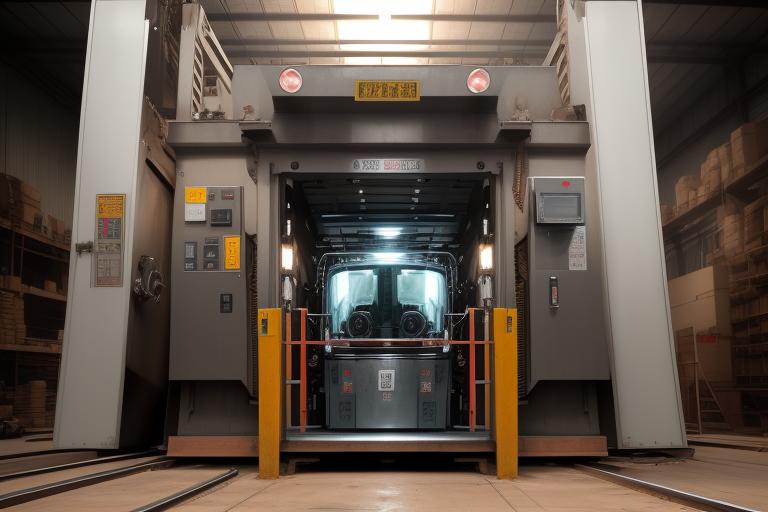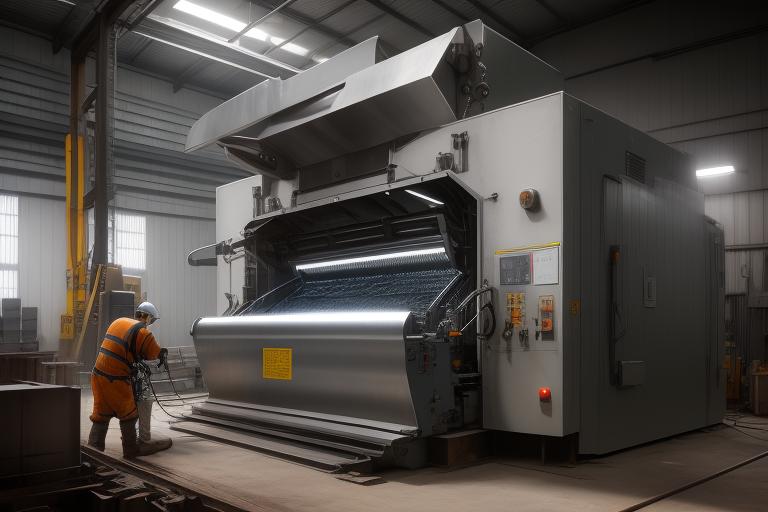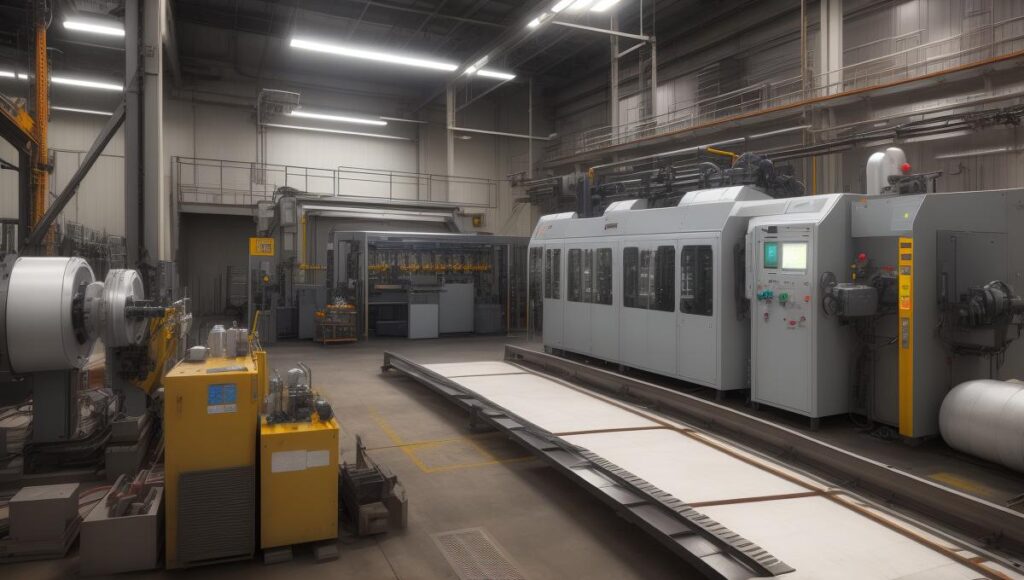Introduction

In the world of manufacturing machinery, press brakes stand as a critical tool used in sheet metal fabrication. The main types in use today are hydraulic, hybrid, and all-electric models. Each type possesses its distinct characteristics, advantages, and constraints. Understanding these differences is crucial for an industry concerned with efficiency, precision, and cost-effectiveness.
Hydraulic Press Brake

A hydraulic press brake derives its name from the hydraulic system that powers it. These are the most commonly used types and are known for their power and flexibility. They utilize hydraulic oil to generate force for the bending process. However, these models consume significant energy and may require more maintenance due to their complex mechanisms.
Hybrid Press Brake
Hybrid press brakes form a bridge between the hydraulic and all-electric models. They utilize a hydraulic system for the actual sheet metal bending but employ an electric motor for the machine’s other motions. This way, hybrid models aim to blend the power of hydraulic models with the energy efficiency of electric ones.
All-electric Press Break
All-electric press brakes take away the need for a hydraulic system altogether. Their operations are run by electric servomotors, making them quieter, quicker, and more precise than traditional hydraulic models. These models also happen to be the most energy-efficient of the three. However, they may not be the best fit for very heavy-duty operations.
Conclusion
Hydraulic, hybrid, or all-electric – the decision largely depends on the specific requirements of the operation. While hydraulic is popular for high power, hybrid advantages lie in a balanced combination, and all-electric offers precision and energy saving. By understanding these differences, you can make a more informed choice and strategically enhance your operation’s efficiency and productivity.
